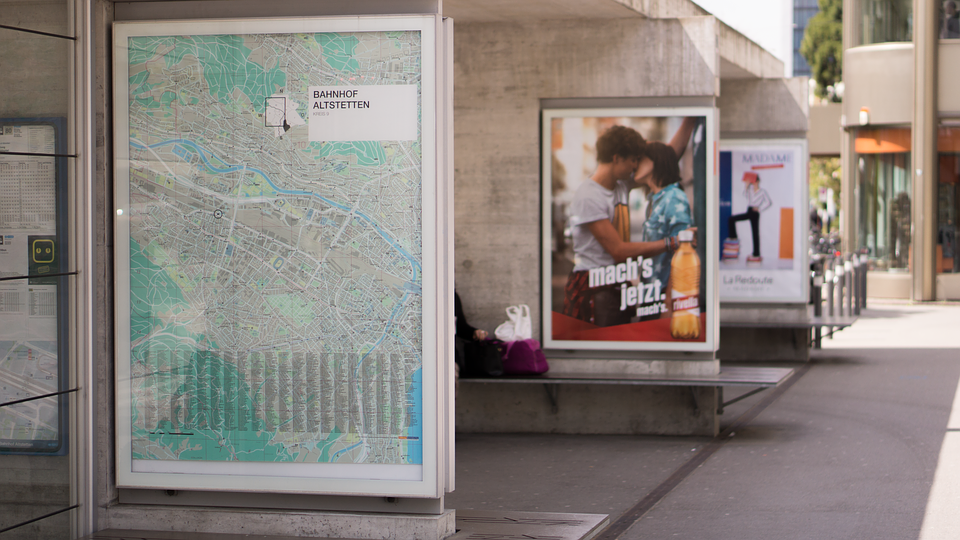The future of Offline Marketing
It's almost impossible to find a business that runs without a website nowadays. In fact, the biggest challenge for most startups is deciding what sort of operations they will run - for instance, whether to start an e-commerce or a brick and mortar operation.
Over the years, online marketing has taken over a considerable portion of traditional marketing. According to recent research, consumers spend more time online than watching TV. The internet turned out to be the largest medium used for marketing in the year 2016.

More and more companies are allocating budgets for mobile-optimised websites, SEO and content marketing activities and this trend is predicted to pick up. Spending on digital marketing is projected to increase by 12% - 15% on average. Analysts have predicted 26.3% global increase in the spending on social media ads.
Unlike tracking the campaign performances of traditional marketing activities, measuring results of digital marketing campaigns is a piece of cake! And no business wants to follow shoot-in-the-dark strategies. Every business is after knowing what they are spending on, what results they will deliver in return and how they will affect their business in the future etc. So there is no argument that digital marketing is the future of marketing.

So, does this mean that offline marketing will fade away soon? The answer is, of course, not! From a marketer's perspective, digital marketing is definitely an important medium. However, not all your fans, followers, customers and prospects are going to be online. Imagining a world where the only medium of communication is digital is far fetched.
According to Internet World Stats, 78% of the population in the U.S is online and 73% access Facebook at least once a month. That still leaves nearly 70 million Americans who can’t be reached through Facebook marketing efforts.

After all, all marketing communications are directed at human beings. They interact, communicate and connect with other humans and organisations in different ways, different circumstances and on different platforms. For instance, a person who usually orders pizza online may decide to ring-up the pizza company to place an order instead - because he is at a friend’s house and has no access to internet there.

While it is easy to get carried away by the advancements of the digital world in the field of marketing, we cannot overlook the impact of offline marketing. Can you imagine a shopping mall with no signboards in future? Even though direct mailers are costlier than online marketing, they are still an effective lead generating tool.

According to research studies, when SEM’s trying to build a list of customers; they use a combination of offline marketing tools such as cold calling and one-on-one meetings. Studies have shown that 70% UK population still follow their patent newspapers and 55% of customers are likely to trust and purchase a product that is featured on that paper or magazine. Even events, sponsorships, seminars and conferences and other activities are equally important offline marketing activities, and they are customisable and too good to be ignored.

Offline marketing is still a viable tool for winning new leads and customers. It is specially useful when combined with online marketing efforts to build more powerful messages and reach far into your audiences. For example, you can use Facebook ads to target people in your area and invite them to attend your local event.
As a result, we see a rising wave of omnichannel marketing and this trend is expected to continue into the future. Omnichannel marketing is where a business hand picks a suitable mix of both online and offline marketing tools that complement each other for their marketing communications - just as it was described in the example above.

With all the questions that swirl around selecting the right mix of marketing channels, picking the most suitable ones for your business can be a daunting task. Sometimes it can be confusing to know which marketing channel to use and when. Marketing trends come and go so fast, that it can feel like you are constantly trying to catch up.
However, any mix from either of these marketing arenas will work as long as you have picked the ones that suit your business as well as complement each other. There is no need to choose one over the other.

It is also important to keep in mind that every business has a different consumer base, different budget and different geographical reach. What is right for one business with respect to online and offline marketing tools and activities, will not fit another.
It is tempting to think that all social media marketing works, or that every leaflet you produce will deliver the results you intended. Answering the basic questions of why a particular marketing channel is right for your business as well as who you are aiming it at, and why are crucial for a business. Failing to do so, no matter which marketing channel you choose, will result in failures without a doubt.
Created: February 09th 2017.




